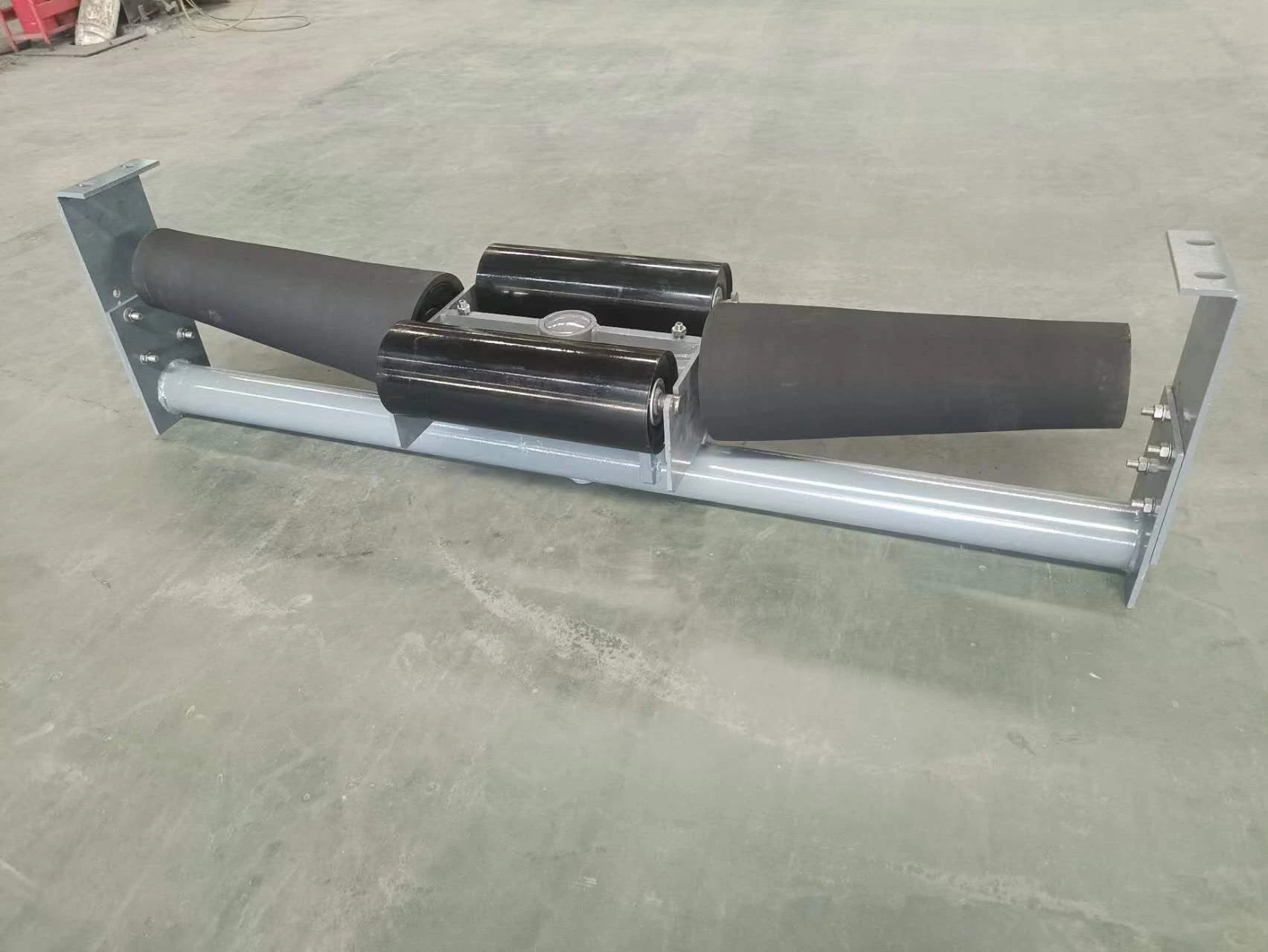 Afrikaans
Afrikaans  Albanian
Albanian  Amharic
Amharic  Arabic
Arabic  Armenian
Armenian  Azerbaijani
Azerbaijani  Basque
Basque  Belarusian
Belarusian  Bengali
Bengali  Bosnian
Bosnian  Bulgarian
Bulgarian  Catalan
Catalan  Cebuano
Cebuano  Corsican
Corsican  Croatian
Croatian  Czech
Czech  Danish
Danish  Dutch
Dutch  English
English  Esperanto
Esperanto  Estonian
Estonian  Finnish
Finnish  French
French  Frisian
Frisian  Galician
Galician  Georgian
Georgian  German
German  Greek
Greek  Gujarati
Gujarati  Haitian Creole
Haitian Creole  hausa
hausa  hawaiian
hawaiian  Hebrew
Hebrew  Hindi
Hindi  Miao
Miao  Hungarian
Hungarian  Icelandic
Icelandic  igbo
igbo  Indonesian
Indonesian  irish
irish  Italian
Italian  Japanese
Japanese  Javanese
Javanese  Kannada
Kannada  kazakh
kazakh  Khmer
Khmer  Rwandese
Rwandese  Korean
Korean  Kurdish
Kurdish  Kyrgyz
Kyrgyz  Lao
Lao  Latin
Latin  Latvian
Latvian  Lithuanian
Lithuanian  Luxembourgish
Luxembourgish  Macedonian
Macedonian  Malgashi
Malgashi  Malay
Malay  Malayalam
Malayalam  Maltese
Maltese  Maori
Maori  Marathi
Marathi  Mongolian
Mongolian  Myanmar
Myanmar  Nepali
Nepali  Norwegian
Norwegian  Norwegian
Norwegian  Occitan
Occitan  Pashto
Pashto  Persian
Persian  Polish
Polish  Portuguese
Portuguese  Punjabi
Punjabi  Romanian
Romanian  Russian
Russian  Samoan
Samoan  Scottish Gaelic
Scottish Gaelic  Serbian
Serbian  Sesotho
Sesotho  Shona
Shona  Sindhi
Sindhi  Sinhala
Sinhala  Slovak
Slovak  Slovenian
Slovenian  Somali
Somali  Spanish
Spanish  Sundanese
Sundanese  Swahili
Swahili  Swedish
Swedish  Tagalog
Tagalog  Tajik
Tajik  Tamil
Tamil  Tatar
Tatar  Telugu
Telugu  Thai
Thai  Turkish
Turkish  Turkmen
Turkmen  Ukrainian
Ukrainian  Urdu
Urdu  Uighur
Uighur  Uzbek
Uzbek  Vietnamese
Vietnamese  Welsh
Welsh  Bantu
Bantu  Yiddish
Yiddish  Yoruba
Yoruba  Zulu
Zulu plastic bearing housing
The Advantages of Plastic Bearing Housings in Modern Engineering
In today's rapidly evolving engineering landscape, the selection of materials plays a critical role in the performance and longevity of mechanical components. Among these materials, plastic bearing housings have garnered significant attention due to their unique characteristics and advantages over traditional metal options. This article explores the benefits of plastic bearing housings and their applications across various industries.
What are Plastic Bearing Housings?
Plastic bearing housings are components designed to hold and support bearings within machinery while providing protection and alignment. These housings are typically made from high-performance polymers such as polyamide (nylon), polycarbonate, and polypropylene. The choice of plastic material can be tailored to meet specific mechanical and environmental requirements, making them suitable for a wide range of applications.
Lightweight and Cost-Effective
One of the most significant advantages of plastic bearing housings is their lightweight nature. In an era where energy efficiency and weight reduction are paramount, plastic provides a favorable alternative to metal. Reducing the weight of components can lead to lower energy consumption, especially in applications like automotive and aerospace, where every gram matters. Moreover, the manufacturing processes for plastic components, such as injection molding, are often more cost-effective than metal machining. This allows for reduced overall production costs, making plastic housings an attractive option for manufacturers.
Corrosion Resistance
Plastic materials inherently possess excellent corrosion resistance compared to metals. This is particularly beneficial in environments where bearing housings are exposed to moisture, chemicals, or extreme temperatures. For instance, in the food processing and pharmaceutical industries, equipment must withstand rigorous cleaning and sterilization procedures. Plastic bearing housings do not rust, making them a preferred choice for applications requiring stringent hygiene standards.
Vibrational Damping
plastic bearing housing

Another notable benefit of plastic bearing housings is their ability to dampen vibrations and noise. They can absorb mechanical vibrations better than metal counterparts, thus enhancing the performance of rotating machinery. This characteristic is especially critical in high-speed applications, where excessive vibration can lead to premature wear and failure. By reducing noise and vibration, plastic housings contribute to a safer and more pleasant working environment.
Design Flexibility
Plastic materials offer greater design flexibility compared to metals. Complex shapes and intricate designs can be achieved without the need for extensive machining, enabling engineers to innovate and optimize designs for function and space efficiency. This flexibility is invaluable in designing compact and lightweight machinery that does not compromise on performance.
Thermal Insulation Properties
Plastic also provides excellent thermal insulation, reducing the risk of heat transfer to sensitive components. In applications where temperature control is crucial, such as in electrical motors or sensitive measurement devices, using plastic bearing housings can contribute to improved operational stability. This thermal management capability is essential for extending the longevity of mechanical systems and reducing maintenance costs.
Applications Across Industries
Plastic bearing housings find application in a variety of industries, including automotive, aerospace, consumer electronics, and manufacturing. In the automotive sector, they are used in electric motors, pumps, and fans. In consumer electronics, they support motors in devices like printers and copiers. With the continuous improvement of plastic materials and manufacturing technologies, the potential for new applications expands significantly.
Conclusion
Plastic bearing housings represent a significant advancement in engineering materials. Their lightweight, corrosion-resistant, and vibration-damping properties make them ideal for a wide range of applications. As industries continue to seek more efficient, durable, and cost-effective solutions, the adoption of plastic bearing housings is likely to increase. By embracing these innovations, manufacturers can enhance the efficiency and reliability of their products while also contributing to sustainability goals through reduced material waste and energy consumption. As technology advances, the promise of plastic in bearing housing applications is just beginning to be realized.
-
Revolutionizing Conveyor Reliability with Advanced Rubber Lagging PulleysNewsJul.22,2025
-
Powering Precision and Durability with Expert Manufacturers of Conveyor ComponentsNewsJul.22,2025
-
Optimizing Conveyor Systems with Advanced Conveyor AccessoriesNewsJul.22,2025
-
Maximize Conveyor Efficiency with Quality Conveyor Idler PulleysNewsJul.22,2025
-
Future-Proof Your Conveyor System with High-Performance Polyurethane RollerNewsJul.22,2025
-
Driving Efficiency Forward with Quality Idlers and RollersNewsJul.22,2025





























